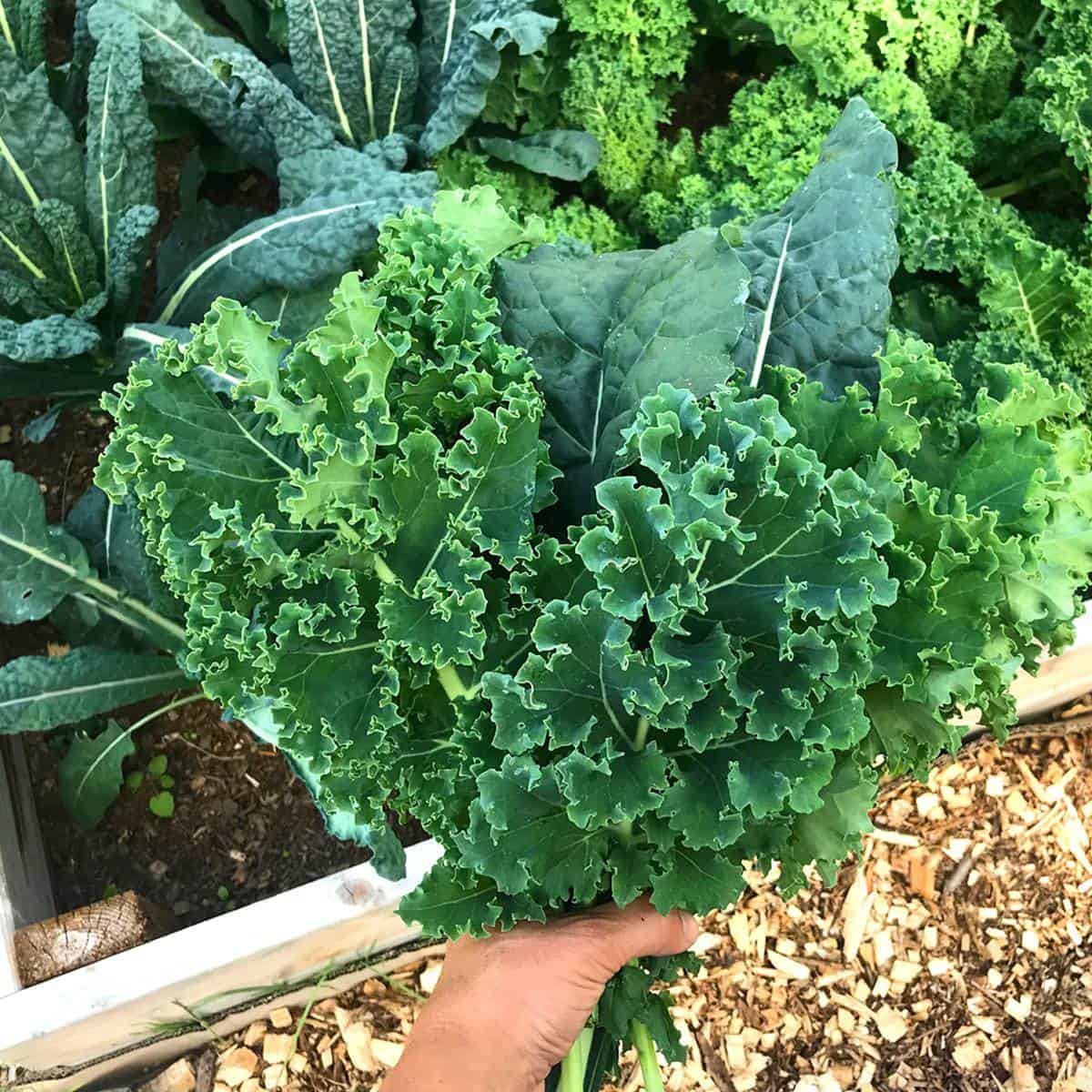Advantages of Eating Kale

Hire Arrive
Food
about 1 year ago

Kale, a leafy green vegetable belonging to the Brassica family (along with broccoli, cabbage, and Brussels sprouts), has exploded in popularity in recent years, and for good reason. This nutritional powerhouse offers a wide array of health benefits, making it a worthwhile addition to any diet. From boosting immunity to improving heart health, the advantages of eating kale are numerous and compelling.
Nutrient-Rich Powerhouse:
Kale is exceptionally rich in vitamins, minerals, and antioxidants. A single cup of raw kale provides a significant portion of your daily recommended intake of vitamins A, C, and K. Vitamin K is crucial for blood clotting and bone health, while vitamins A and C act as potent antioxidants, protecting your cells from damage caused by free radicals. It's also a good source of vitamin B6, folate, and potassium, all vital for various bodily functions.
Boosting Immunity:
The high concentration of vitamins A and C in kale plays a crucial role in strengthening your immune system. These vitamins help your body fight off infections and maintain overall health. Furthermore, the antioxidants present in kale combat inflammation, a contributing factor to many chronic diseases.
Improved Heart Health:
Kale's beneficial impact extends to cardiovascular health. It's a rich source of fiber, which helps lower cholesterol levels and regulate blood pressure. The presence of antioxidants also contributes to reducing the risk of heart disease by protecting against oxidative stress and inflammation in blood vessels.
Enhanced Digestive Health:
The high fiber content in kale promotes healthy digestion. Fiber adds bulk to your stool, preventing constipation and promoting regular bowel movements. It also feeds beneficial gut bacteria, contributing to a healthy gut microbiome.
Improved Bone Health:
Kale's high vitamin K content is essential for bone health. Vitamin K helps regulate calcium metabolism, which is crucial for strong bones and a reduced risk of osteoporosis. The presence of calcium and vitamin D further strengthens its bone-supporting properties.
Cancer Prevention:
Studies have suggested a link between consuming cruciferous vegetables, like kale, and a reduced risk of certain cancers. The compounds present in kale, particularly glucosinolates, are believed to possess anti-cancer properties. However, more research is needed to definitively establish this connection.
Weight Management:
Kale's high fiber and water content contribute to feelings of fullness, which can aid in weight management. Its low calorie count makes it a satisfying and healthy addition to any diet aiming for weight loss or maintenance.
Easy to Incorporate:
Kale's versatility makes it easy to incorporate into your diet. It can be enjoyed raw in salads, juiced, sautéed, steamed, or added to smoothies. Experimenting with different preparations helps prevent culinary boredom and maximizes its health benefits.
Conclusion:
The advantages of eating kale are undeniable. This nutrient-rich powerhouse offers a wide array of health benefits, contributing to improved immunity, heart health, digestive health, and bone health. By incorporating kale into your diet, you're making a significant investment in your overall well-being. Remember to wash kale thoroughly before consumption. While incredibly healthy, consuming large quantities can lead to some digestive discomfort in certain individuals. Start gradually and listen to your body.